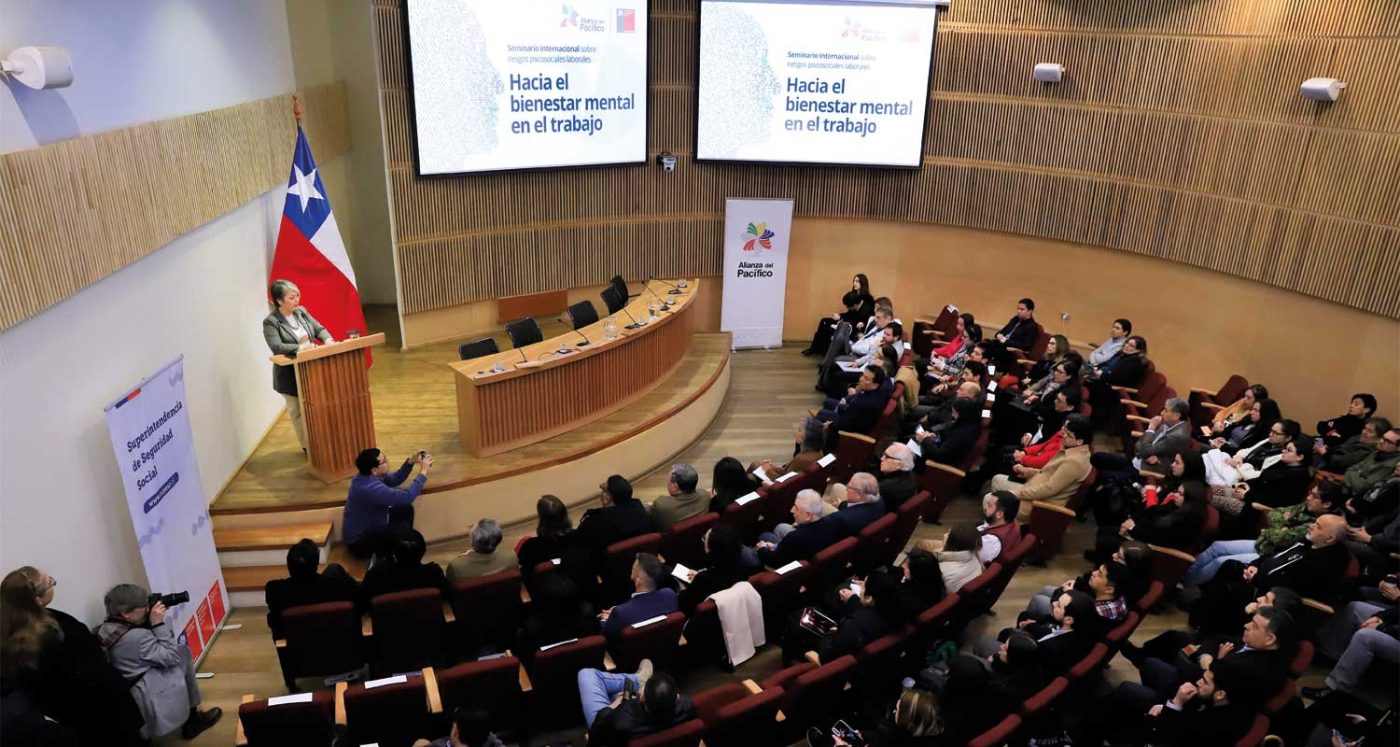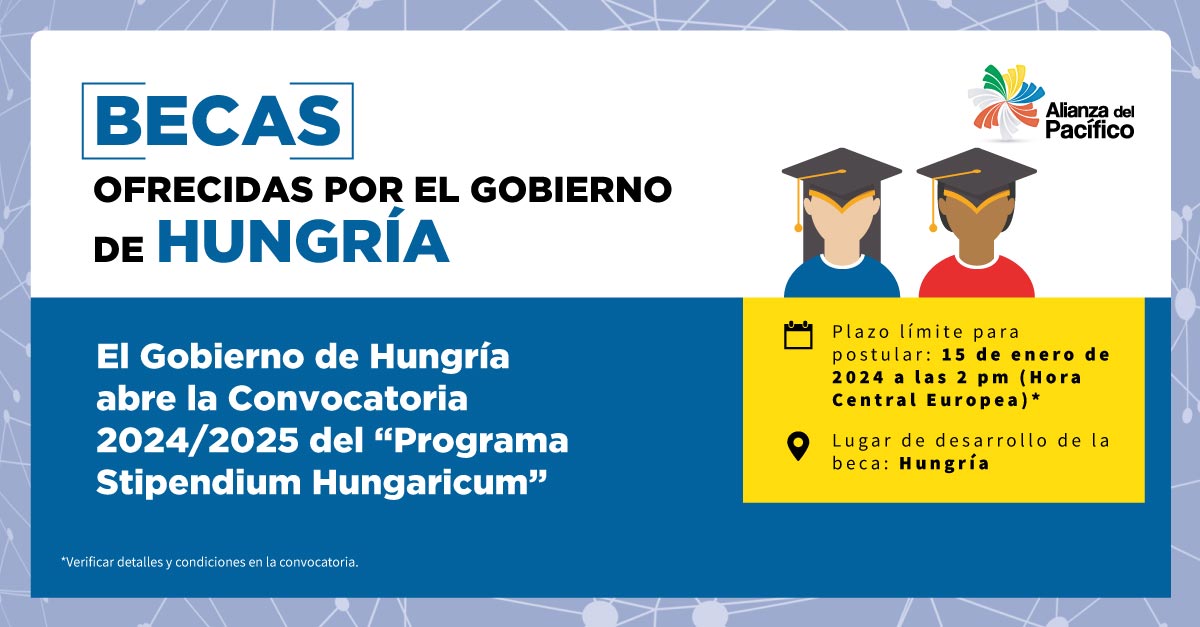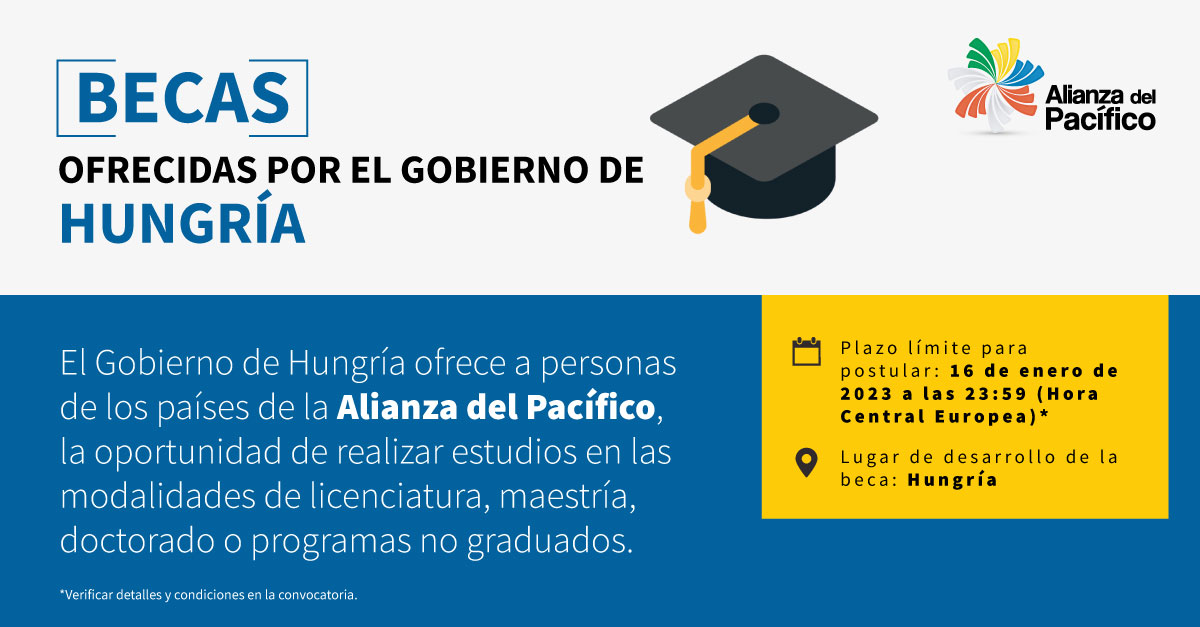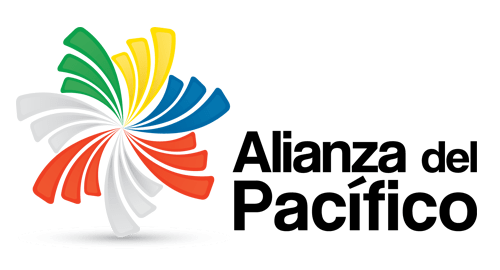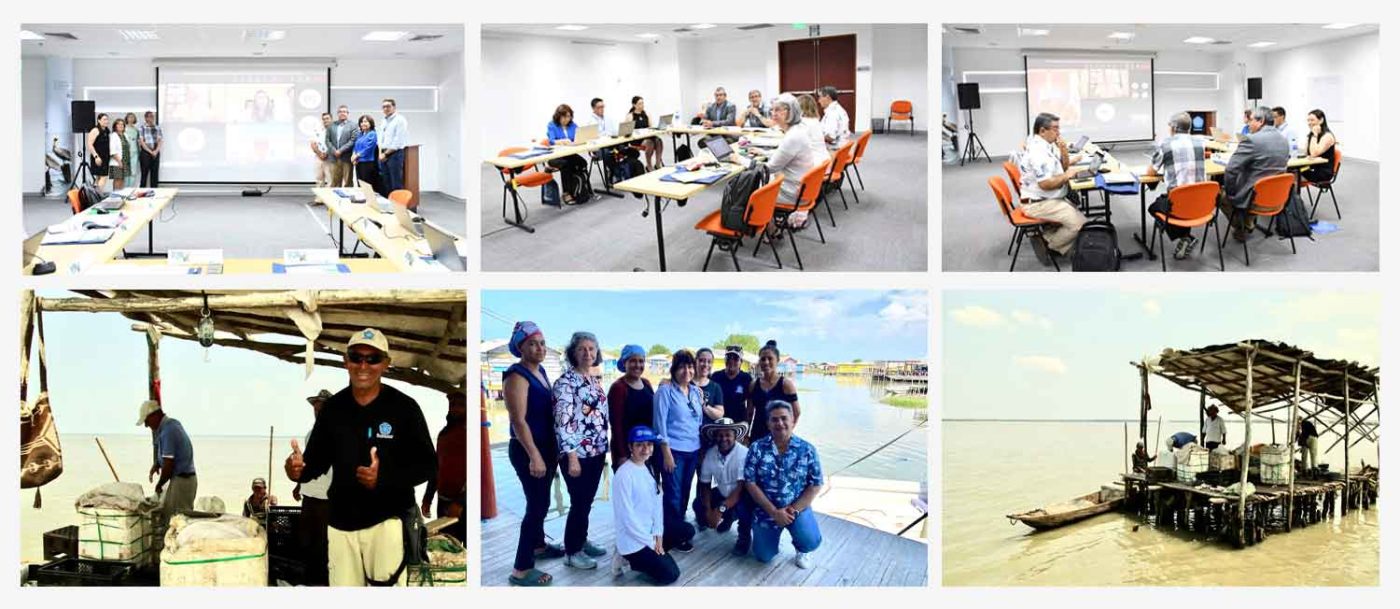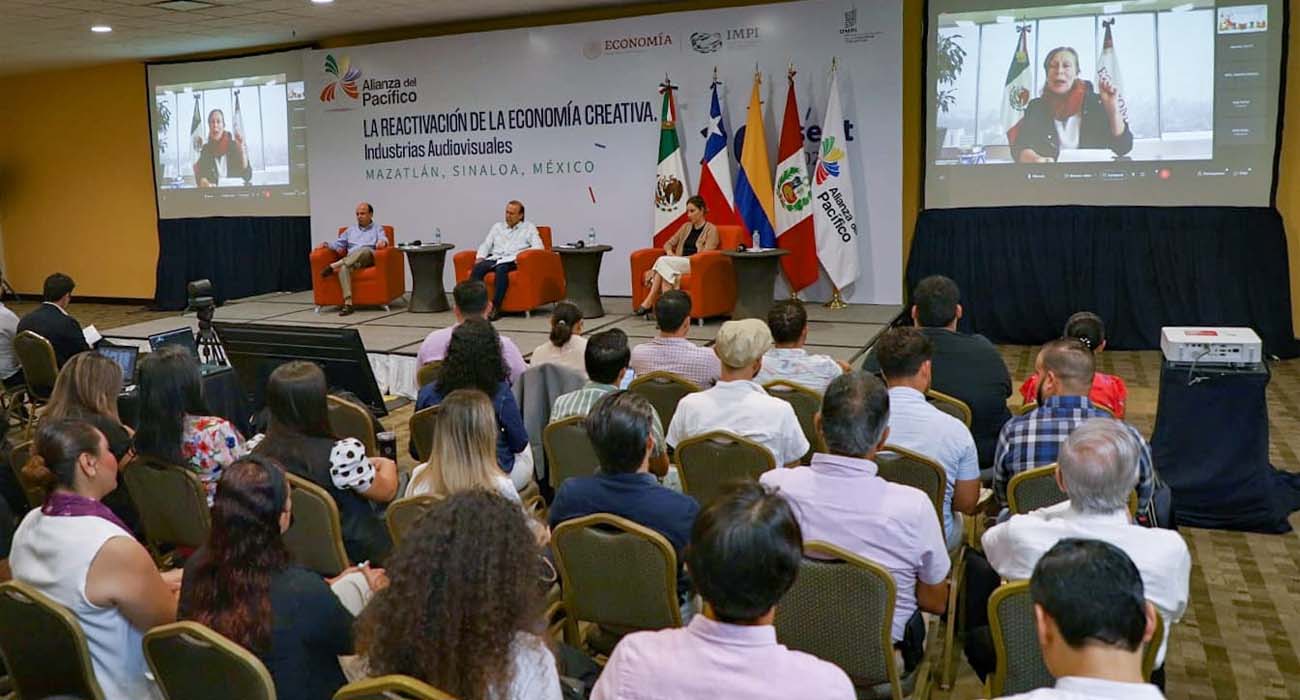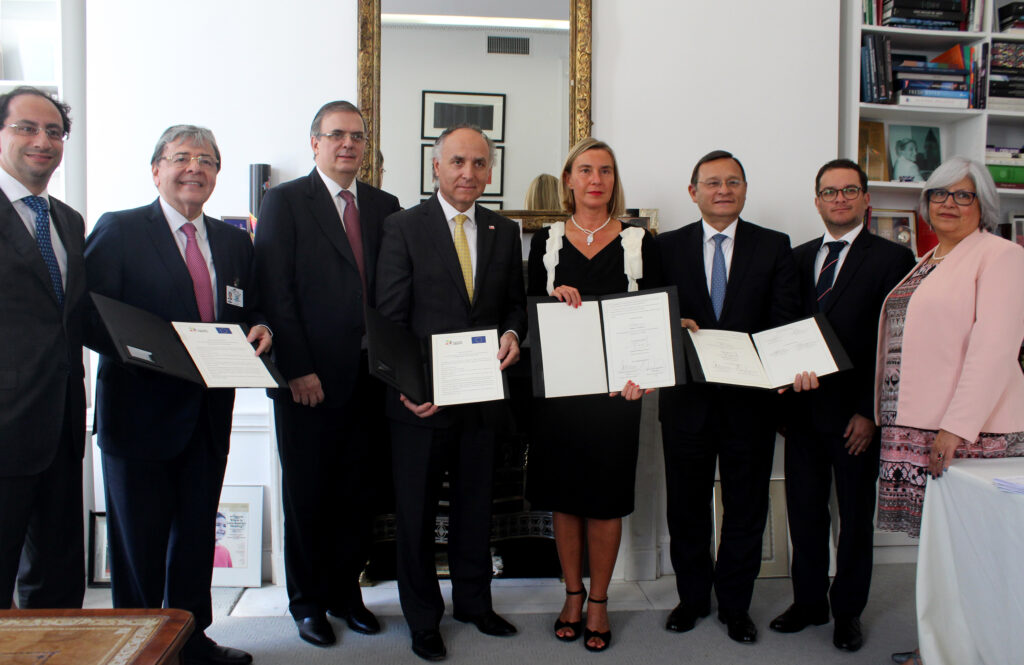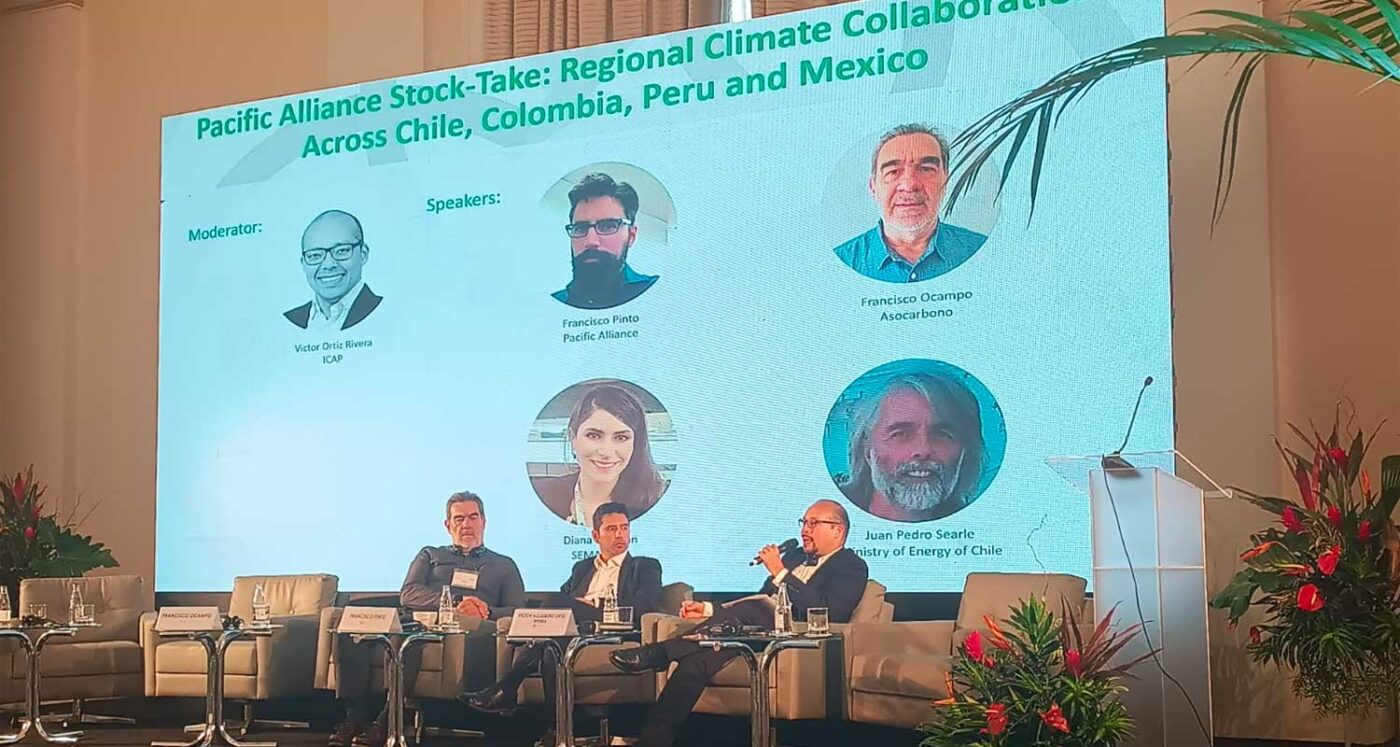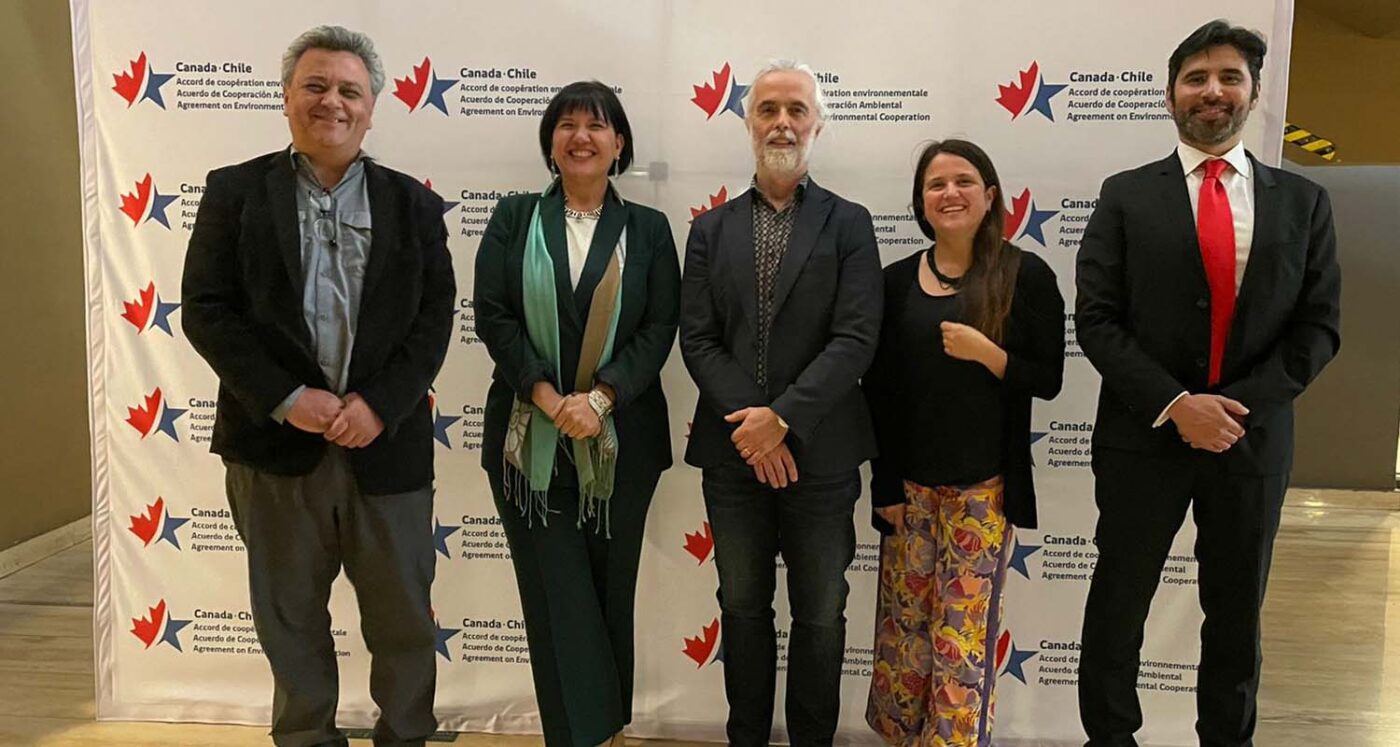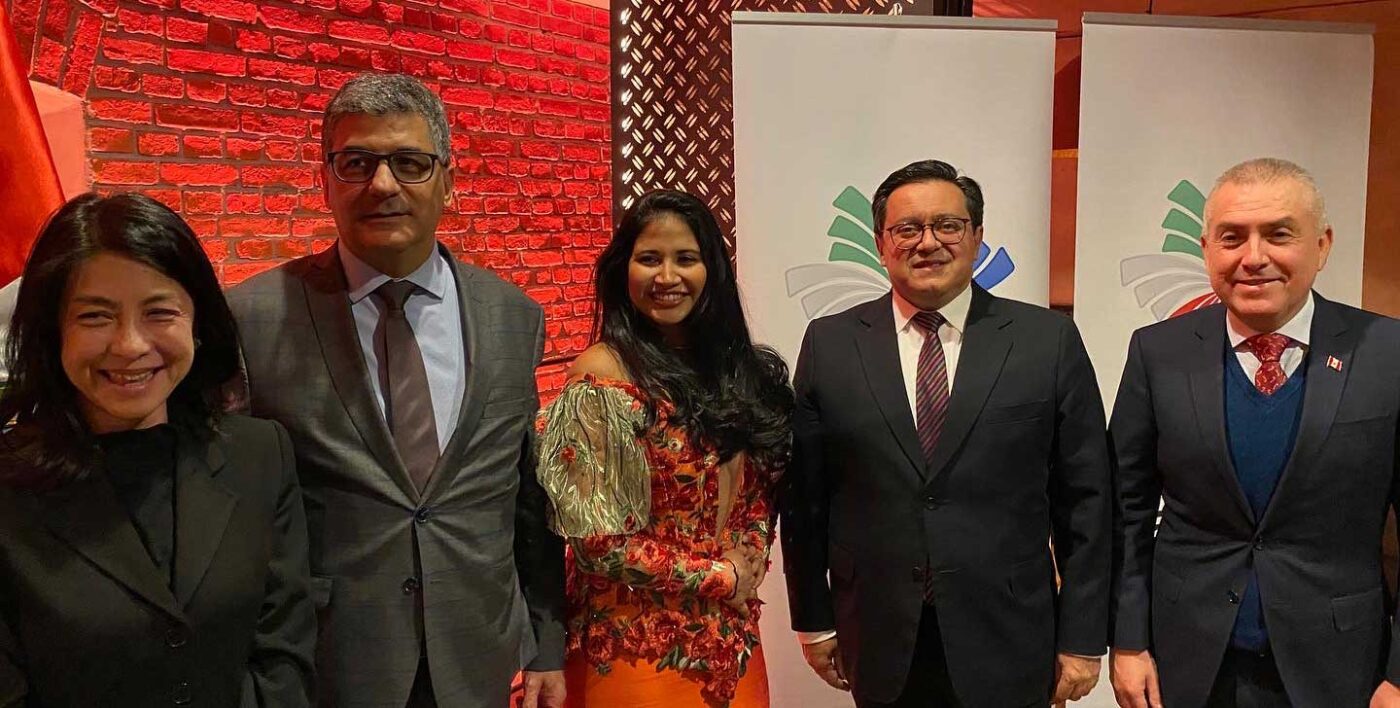March 23th, 2023.- From March 15th to 17th, the fifth meeting of the Pacific Alliance Network of National Fisheries and Aquaculture Research Institutions (IIPA-AP Network) was held at the headquarters of the Marine and Coastal Research Institute “José Benito Vives de Andréeis” (INVEMAR), located in the city of Santa Marta, Colombia. This network includes the Instituto de Fomento Pesquero (IFOP), Chile; INVEMAR, Colombia; the Instituto del Mar del Perú (IMARPE); and the Instituto Nacional de Pesca de México (INAPESCA). Also participate as observers the National Institute for Fisheries Research and Development of Argentina (INIDEP) and the Food and Agriculture Organization of the United Nations (FAO).
The meeting was organized by IFOP (Chile), with support from INVEMAR (Colombia), and was attended by the Directors of both institutions, Mr. Gonzalo Pereira Puchy (IFOP) and Mr. Francisco Arias Isaza (INVEMAR). Also attending were the focal points of each institution and different invited researchers.
The objective of this meeting was to prepare a Work Plan for the period 2023-2024, based on the priority topics defined by the institutions in a previous meeting held in September 2022, which include the Ecosystem Approach, Biodiversity and Climate Change related to fisheries and aquaculture.
During the first day of work, each institution presented the lines of research it is developing, highlighting the progress made, and existing gaps and identifying opportunities for collaboration between institutions. On the second day, opportunities for collaboration were jointly identified and activities were defined to be included in the Work Plan. The work culminated in a proposed Plan containing five prioritized activities to be carried out in the 2023-2024 period. This proposal should be formalized once its final version is reviewed by each institution. The elaboration of this new Work Plan marks the beginning of a new cycle of joint work among the research institutions of the Pacific Alliance countries, allowing progress in achieving the objectives proposed since its creation, and the better generation of scientific knowledge in fisheries and aquaculture for the sustainable management of hydrobiological resources and ecosystems.
As part of the activities, on the last day of the meeting, participants visited the Ciénaga Grande de Santa Marta, which is a RAMSAR site and a Biosphere Reserve. In this opportunity, two sampling sites for the monitoring of artisanal fisheries that are part of INVEMAR’s Research Program for the Valuation and Use of Marine and Coastal Resources were visited. In addition, there was the occasion to learn about the activities carried out by the inhabitants of the Palafitos villages located in the marsh and to share with the community.
At the end of the activity, the Director of INVEMAR, Mr. Francisco Arias Isaza, highlighted the need that, despite the differences in the contexts of each country that is part of the Network, the institutions can link and find common ground to achieve progress. At the same time, the Director of IFOP, Mr. Gonzalo Pereira Puchy, highlighted the work carried out at the meeting and the participation of the institutions, pointing out the importance of making progress in the implementation of the Work Plan.
Dr. Mario Rueda, Coordinator of INVEMAR’s Marine and Coastal Resources Valuation and Development Research Program, and focal point of the Network at INVEMAR, highlighted the possibility of working in parallel on non-prioritized activities, which in some cases are key to the fisheries and aquaculture development of some countries, in order to facilitate the transfer of knowledge and strengthen relations among the Network’s member countries.
Daniela Díaz Guisado, Head of Cooperation and International Affairs of FIFG, and focal point of the Network in this institution, indicated that, from now on, the implementation and follow-up of the Work Plan will be worked on, promoting cooperation between the institutions in other areas of interest that were identified as part of the work carried out at the meeting.
The next meeting of the Network will be held virtually in September this year, and in March 2024 a new face-to-face meeting will be held in the city of Puerto Varas, Chile, organized by IFOP.

